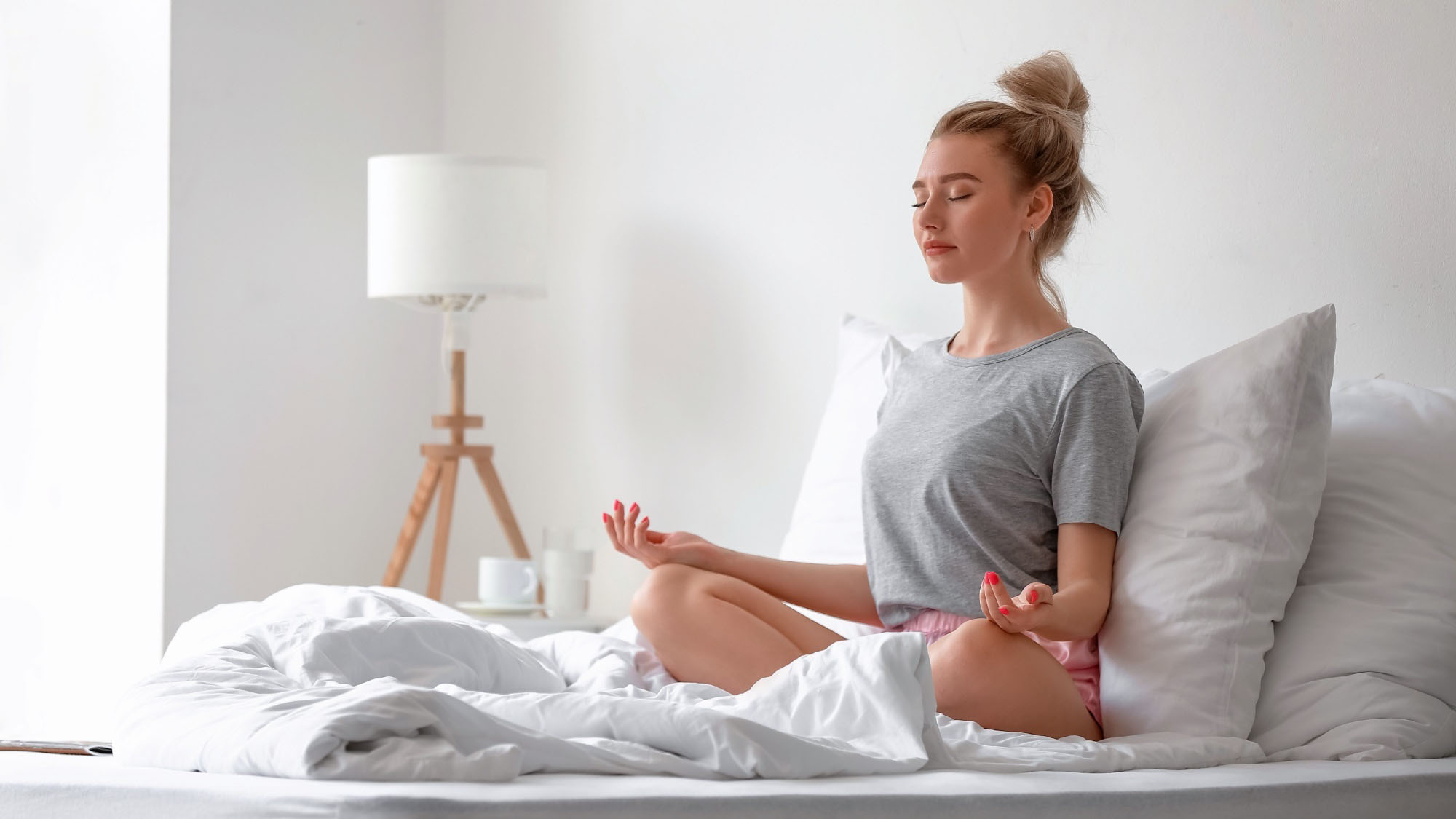Introduction
Falling asleep should be the most natural thing in the world—but for millions of people, it feels like a nightly battle. Stress, overthinking, and irregular routines often leave you tossing and turning for hours. While some turn to sleep aids like Zopisign 10 mg for short-term relief, establishing healthy nighttime rituals can be a powerful and sustainable way to improve your sleep naturally.
These rituals aren’t complicated, but they do require consistency. By repeating them daily, you signal to your body and brain that it’s time to wind down—helping you drift off more easily.
Here are seven proven nighttime rituals to help you fall asleep faster and wake up feeling refreshed.
1. Create a Consistent Sleep Schedule
One of the simplest yet most effective ways to improve sleep is to go to bed and wake up at the same time every day—even on weekends. Your body’s internal clock (circadian rhythm) thrives on consistency.
How to do it:
-
Set a fixed bedtime and stick to it.
-
Wake up at the same time every morning, even if you had a rough night.
-
Avoid long naps during the day (limit to 20–30 minutes if necessary).
A regular schedule helps regulate your natural sleep-wake cycle, making it easier to fall asleep quickly.
2. Dim the Lights an Hour Before Bed
Light exposure plays a huge role in telling your body when it’s time to be awake or asleep. Bright lights—especially blue light from phones, tablets, and TVs—can trick your brain into thinking it’s still daytime.
Tips to try:
-
Use warm, dim lighting in the evening.
-
Switch off or avoid bright screens an hour before bed.
-
Consider blue light–blocking glasses if you must use electronics at night.
Reducing light exposure helps your body release melatonin, the hormone responsible for sleep.
3. Practice a Relaxation Routine
Stress and an overactive mind are common sleep blockers. A pre-bed relaxation ritual can train your body to relax on cue.
Options include:
-
Deep breathing exercises (inhale for 4, hold for 7, exhale for 8 seconds).
-
Gentle stretching or restorative yoga poses.
-
Guided meditation or calming music.
This ritual tells your body it’s safe to let go of tension, making it easier to drift into sleep.
4. Limit Caffeine and Heavy Meals in the Evening
Caffeine can stay in your system for 6–8 hours, so that late-afternoon coffee could be keeping you up at night. Similarly, heavy or spicy meals too close to bedtime can cause discomfort and indigestion.
Better evening choices:
-
Switch to herbal teas like chamomile or peppermint after 3 p.m.
-
Have dinner at least 2–3 hours before bed.
-
If hungry later, opt for a light snack like a banana or yogurt.
5. Create a Cozy Sleep Environment
Your bedroom should be a sanctuary for rest. The right environment can make all the difference in how fast you fall asleep.
Make your space sleep-friendly:
-
Keep the room cool (around 65–68°F or 18–20°C).
-
Invest in comfortable bedding and pillows.
-
Use blackout curtains to block outside light.
-
Keep noise to a minimum (white noise machines can help).
When your bedroom feels inviting, your brain starts associating it with rest and relaxation.
6. Use the “Wind-Down Hour” Technique
An hour before bed, start slowing everything down. Think of it as preparing your mind and body for rest, just like cooling down after a workout.
How to structure it:
-
First 20 minutes: Finish up household chores or tasks.
-
Next 20 minutes: Personal care—washing your face, brushing your teeth, putting on comfy sleepwear.
-
Last 20 minutes: Relaxation—reading a calming book, listening to soft music, or journaling.
This gradual slowdown signals your nervous system to prepare for sleep.
7. Try Sleep-Boosting Habits During the Day
Your nighttime sleep quality is often determined by what you do during the day. Small daytime habits can set you up for a better night.
Daytime sleep boosters:
-
Get at least 20–30 minutes of sunlight exposure early in the day.
-
Stay active with regular exercise (but avoid intense workouts close to bedtime).
-
Manage stress with breaks, breathing exercises, or mindfulness.
Good days often lead to good nights.
Final Thoughts
Falling asleep faster isn’t just about what you do at night—it’s about building a lifestyle that supports healthy sleep. While medications like Zopisign 10 mg may help in certain cases, relying on them long-term isn’t ideal. Instead, create consistent rituals that signal your body it’s time to rest.
Start small—pick two or three of these nighttime habits and practice them daily. Over time, you’ll notice your mind calming faster, your body relaxing more easily, and your nights becoming more restful.
Sleep is a pillar of good health. By investing in these rituals, you’re giving yourself the gift of better nights and brighter days.

